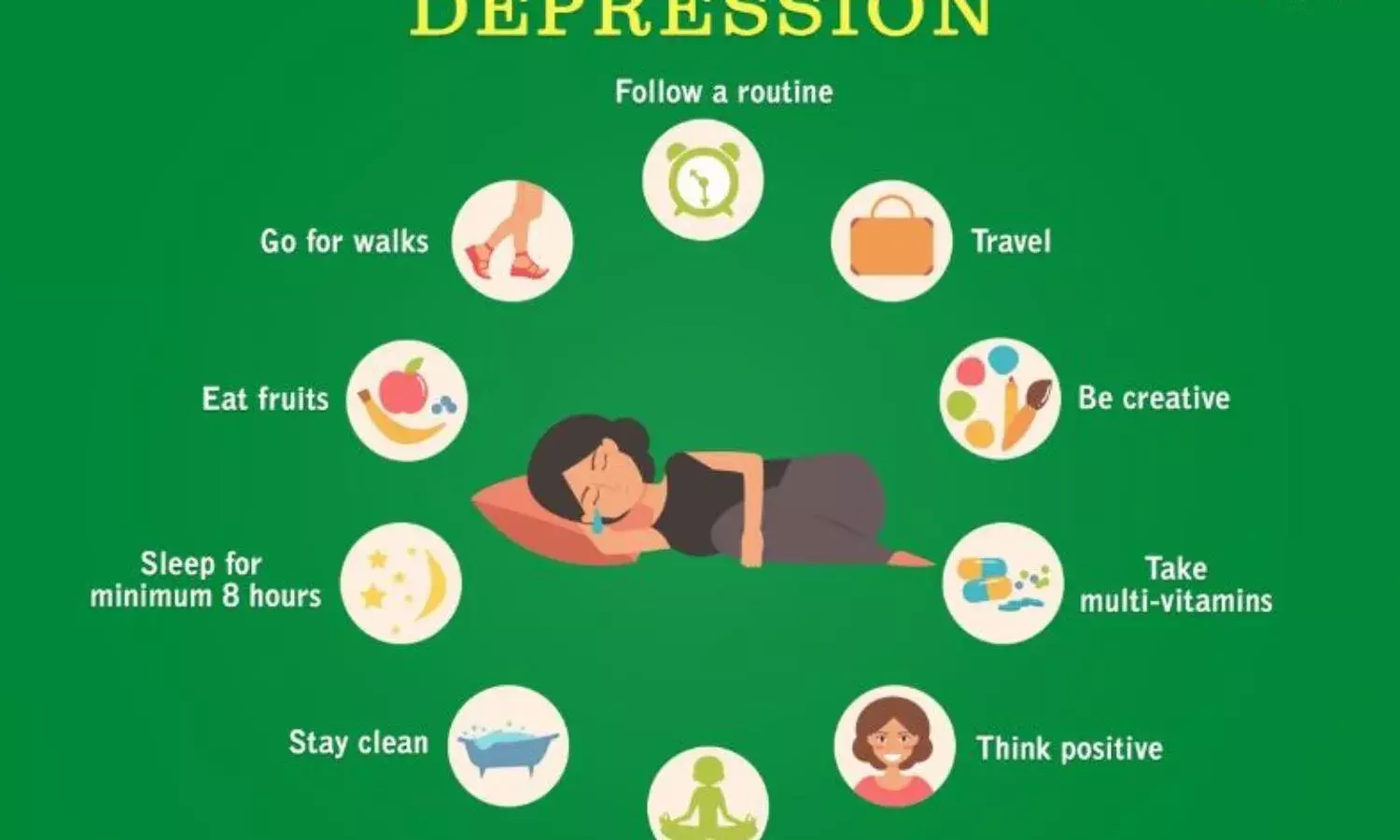The Ministry of Health Has Got It All Wrong, Yet Again!
Making a mockery of depression is dangerous
The Ministry of Health has once again done its best to spread fallacies instead of addressing a ‘real-life’ health issue. And this is what happens when you have a bunch of quacks making decisions instead of having professionals, doctors and psychologists on the panel.
The latest directive by the Health Ministry has only done one thing: made a mockery of depression and caused damage to all the work that was being done to remove the stigma surrounding depression.
According to them, depression is a state of low mood that affects a person’s thought, behaviour, feeling and sense of well-being. Taking up activities like eating fruits/staying clean/taking multi-vitamins/travel/yoga and more such ludicrous advice follows to cope with depression!
The directive has no mention of seeking professional help or reaching out those trained in dealing with such issues. The ministry also goes one step further in showing a woman (naturally) coping with depression – how would they know that in reality there are more men suffering from depression and the numbers are frightening?
This the typical attitude of the present government that reeks in chauvinism in every sphere and doesn’t bother to do any form of research before shooting off a health advisory. Health Advisory Committees are established to promote and facilitate community consultation and engagement to shape the delivery of public health services and not make it a joke. Is this government the antithesis of scientific? It appears so.
As hilarious it may be to read the nonsense in the poster, in retrospect it is absurd and damaging.
In India alone, over 45 million people are officially reported to be suffering with one or more symptoms of depression. Depression is one of the most common mental health issues that can only be treated in therapy. Long-term trends in research data suggest more and more people are experiencing depression every year. This holds true for most ethnicities, ages, and genders.
Let’s understand this: Depression can be treated. It is a mental health concern, not a personality flaw. There are many therapies which can help someone reduce their symptoms and regain happiness. Treatment revolves around professional help where doctors/counsellors/psychologists/psychiatrists step in to help the people affected by it. Such trained professionals must be on board to help create mental health awareness, take out the right advisories/posters, and remove misconceptions.
Such wrongful posters are not only misleading but dangerous. It was frightening to see spokespersons from the government not finding anything wrong in spreading such bunkum – Oh yes, think positive, sleep eight hours and be creative – Poof! Depression vanishes according to them!!
Not so far back, India took a progressive step towards implementing a rights-based approach to safeguarding and protecting the interests of the mentally ill. Depression, stress, suicide — these words have become colloquial in the urban dictionary and are often used frivolously, by the media, cinema, and in daily conversations. However, the gravity of mental illness is rarely comprehended by the masses.
In an effort to curb this growing illness and create a conducive environment to address the mental well-being of the public, the Government had repealed the archaic 1987 Act and passed the Mental Health Care Bill, 2016, in the Lok Sabha on March 27. As a progressive step, the bill not only seeks to expand the definition of mental illness but also replaces the term ‘mentally ill’ with ‘person with mental illness’, thereby suggesting that mental illness is not a permanent state; rather it is a temporary phase that can be treated.
While the definition above may seem over-inclusive and bring people even with minor ailments under its ambit, the bill seeks to guarantee certain rights to the individual who is suffering from a mental illness. It ensures that every individual has access to mental healthcare and treatment at government hospitals without any discrimination. Provisions have been made to provide free treatment for patients who are homeless or belong to the below poverty line community even in the absence of a BLP card.
Further, along with the promise to provide an international standard of care, the bill seeks to address the underlying social stigma and taboo attached with this disease. India witnesses 15 suicides every 60 minutes and suicide is among the top 10 causes of death in the country, especially among youth between the ages of 15 and 29. However, individuals rarely seek treatment and counselling for fear of police action and social ostracism. Such pre-historic posters are of no help and are further damaging the need to tackle depression effectively.
The government needs to wake up and reflect on its narrow understanding of mental health. Proper dissemination of knowledge is the need of the hour!





